Archduke Joseph
He came from the Hungarian branch of the Habsburgs. His grandfather was Archduke Joseph, whose name was included in the April 1848 laws for his efforts enhancing prosperity in Hungary. He was born in Alcsút in 1872 and died in Rain, Germany, in 1962. Like his grandfather, he served the Hungarian nation in important positions, primarily between 1919 and 1944.
In the Great War, he commanded the 31st Division and soon after, from October 25, 1914, the 7th Corps. On November 1, 1914, he was promoted to the matching rank, and became a cavalry general. The 7th Corps fought heavy battles in the Carpathians in the winter of 1914-15. From May 1915 on, the corps was deployed on the Italian front with an intermittently changing composition. Two of the corps’ famous divisions were the 20th Honvéd Infantry Division and the 17th K.u.K. Division. They were essentially continuously part of the Corps and defended the most dangerous section of the Italian front, the Karst Plateau.This front section, in Hungarian parlance, “Doberdo”, has become an essential phrase in Hungary with its trying conditions and, unfortunately, also because of the huge blood losses suffered by the troops fighting here. I believe that the personal presence and excellent command qualities of Archduke Joseph ensured that the 7th Corps was able to stand on this difficult front.
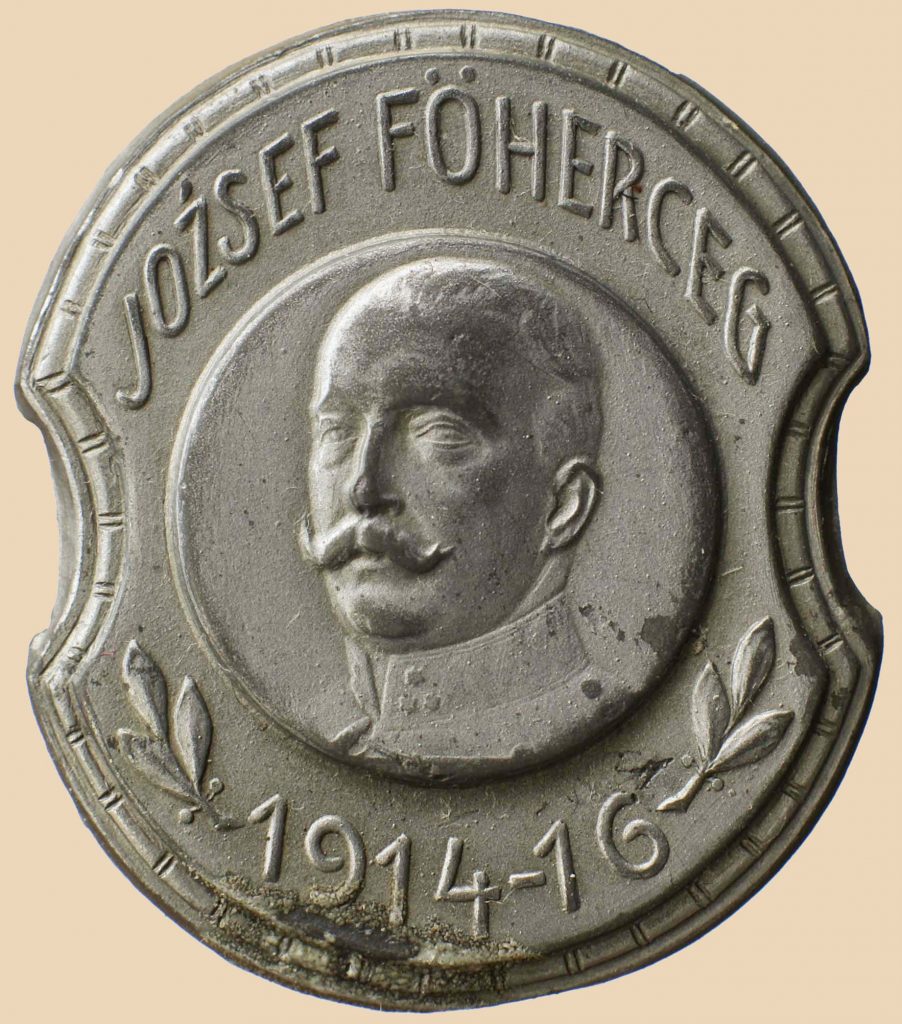
Archduke Joseph’s judgment is not equally favorable. Italian colleagues dealing with the Great War will remember that on 29 June 1916, he ordered a devastating gas attack on the Doberdo causing terrible, embarrassing deaths of thousands of Italian soldiers. The gas attack only partially achieved its goal. It destroyed the Italians who had lined up for a major attack, but could not open the way for the Austro-Hungarian units who were about to take their positions. The Italian support artillery line was not reached by the gas cloud. And yet in August, the planned major Italian attack succeeded in capturing the bridgehead of Görz.
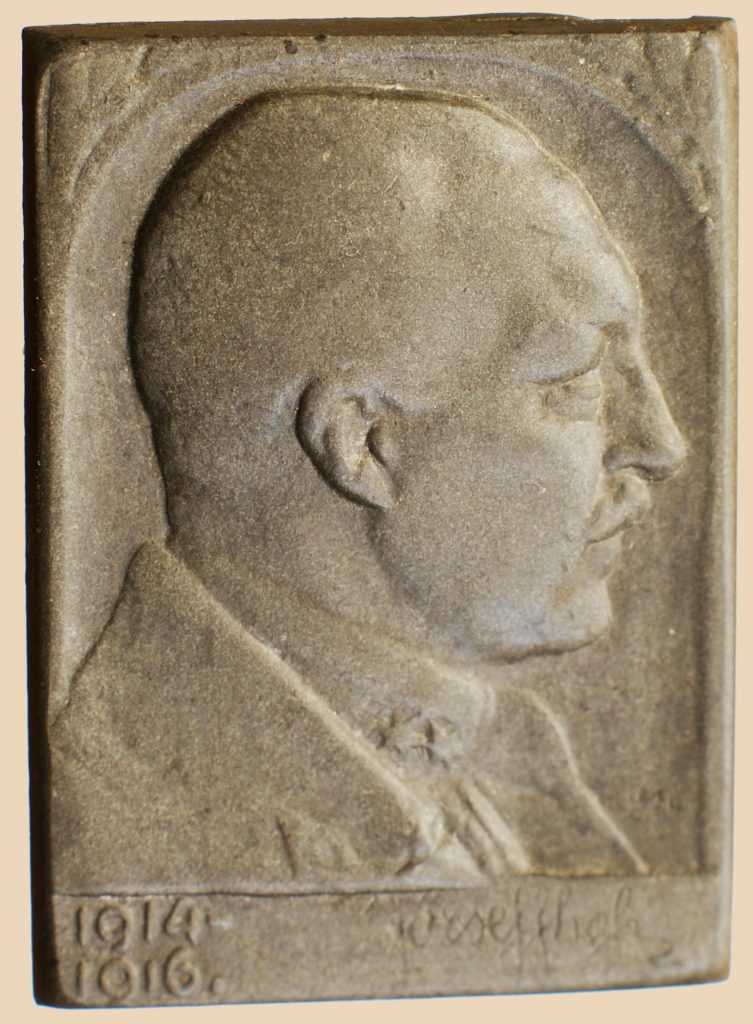
On August 17, 1917, he was awarded the Middle Cross of the Military Maria-Theresia Order for his merits in the Battles of Isonzo. In 1918, he became commander of the 6th Army. His troops were successful in the second battle of Piave, which otherwise ended in disastrous defeat. His army has achieved the stated task of occupying the ridge of Mount Montello. From there, he had to retreat when a general retreat was ordered, subjected to constant Italian attacks in difficult circumstances. In 1927, he was awarded the Officer’s Gold Medal of Valor for this orderly retreat. After the failed offensive, the commander-in-chief removed the former chief of staff, Conrad, from his position. He entrusted Archduke Joseph with the command of the Conrad Army Group, which defended the Tyrolean wing of the Italian front. He was unable to succeed in the new position. The troops of the Monarchy, on the brink of dissolution, could not resist the great Italian offensive of autumn 1918. The front collapsed, and the emperor had to ask for armistice the military leaders of the Entente.
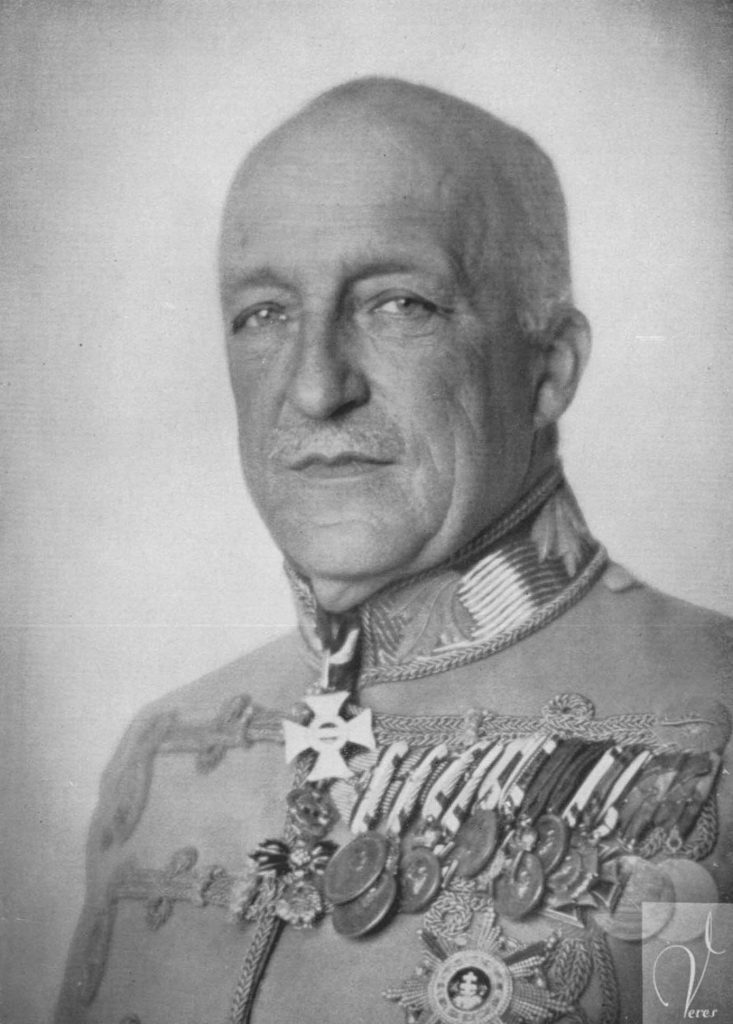
Archduke Joseph subsequently played an important role in Hungarian domestic politics, but this is another story. His wartime memoires are an important source for researchers of the Great War events.


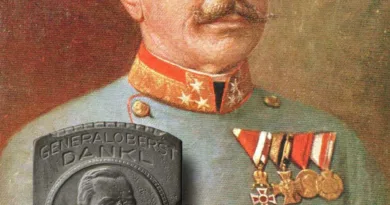
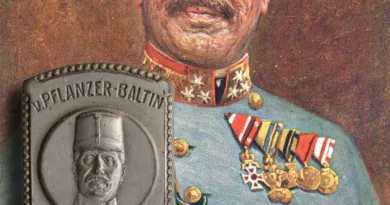
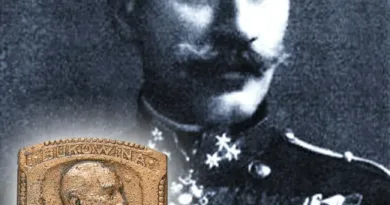
[…] The 61st Infantry Regiment operated in Temes County, with its headquarters in Temesvár. His crew was of Hungarian, German and Romanian nationality. All sources during and after the war are appreciative of their standing. This was also true in general for Division 17, but the whole VII. Corps also. The corps was commanded by Archduke Joseph. […]